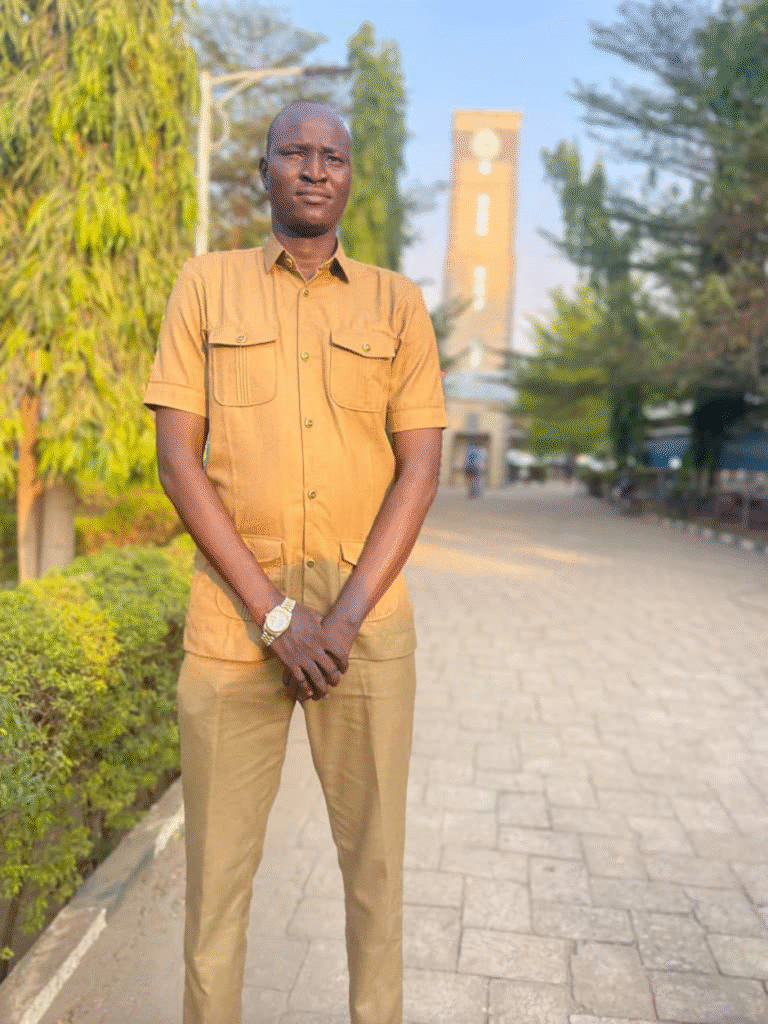South Sudan's English Daily Newspaper
"We Dare where others fear"

By Aluong Maker Aluong
A third-year Agricultural Science student from the University of Juba, Chol Alier Dit, has called for an end to subsistence farming practices that have dominated South Sudan’s agriculture for generations, highlighting the necessity for innovation and commercial farming.
In an interview with The Dawn Newspaper on Monday, he expressed concern that South Sudanese have been reliant on small-scale farming for many years, asserting that it is now time to adopt large-scale farming methods to align with neighbouring East African countries.
“We, who understand the importance of agriculture, are advocating for the adoption of large-scale farming. This is only possible when technology is utilised. We should be on equal footing with other countries practising this approach. Life is not solely about our own ideas, but learning from our neighbours is also crucial,” Chol stated.
He added that South Sudanese soil is not only fertile but also vast, providing ample opportunity for large-scale arable farming.
Chol reiterated that the lessons learned from subsistence farming, which is primarily focused on sustainability, have been exhausted.
“There is a need to transition to a different phase of farming that integrates aspects such as attracting investment, creating jobs, and generating foreign exchange earnings for the South Sudanese through increased production,” he said.
Chol expressed frustration with the culture of blame surrounding this transformative activity. In reality, the government blames citizens for not engaging in agriculture satisfactorily, while citizens blame the government for not providing support in terms of mechanisation. This exchange of blame is a significant hindrance.
He placed the responsibility on the government for not intervening at this critical stage, stating that citizens have done what they can, and a holistic approach from the government is essential for progress.
Chol noted that citizens currently lack the financial resources to manage large-scale farming, making government assistance vital for vulnerable populations.
He also highlighted insecurity as an impediment to the flourishing of large-scale agriculture, emphasising that it is the government’s responsibility to disarm civilians who hinder agricultural progress. Despite having fertile land in various counties, fear of violence from unknown gunmen restricts agricultural development.
“Our country has long-standing ties with China, which has established systems that function effectively, as they are created and maintained by the government for the benefit of the entire nation. Why are we not learning from them?” Alier questioned.
He expressed gratitude to certain states, particularly Aweil and parts of the Equatoria region, for their efforts to grapple with traditional agricultural methods despite numerous challenges.
“Many of us who were meant to study in medical colleges have shifted to agriculture, fulfilling our parents’ vision that agriculture should be the backbone of this nation. The little existing oil should be used to fuel agricultural productivity. I and a few other young men have not forgotten this, and we are striving for it,” Alier declared.
He concluded that agriculture is not merely about food production; it is a cornerstone of national development, influencing food security, economic growth, social well-being, and environmental sustainability. Thus, it should be prioritised.




